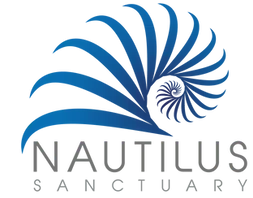Support Our Work
Help Us Advance Safe, Effective, and Accessible Psychedelic-Assisted Therapy
Your contribution helps fund our FDA-approved clinical trial offering MDMA-assisted therapy to frontline healthcare workers facing chronic stress and burnout.
This study not only provides healing to participants but also builds essential data to advance MDMA-assisted therapy for future populations.
Where your support goes
Your donation supports our high-impact initiatives, each advancing the field of psychedelic therapy with integrity, compassion, and clinical excellence.
Frontline Healthcare Worker Study
Your contribution helps fund our FDA-approved clinical trial offering MDMA-assisted therapy to frontline healthcare workers facing chronic stress and burnout.
This study not only provides healing to participants but also builds essential data to advance MDMA-assisted therapy for future populations.
Learn More about the Study →
Interested in making a major gift, foundation grant, or donor-advised fund contribution? We’d love to connect with you directly, please contact us
Why Give to Nautilus Sanctuary?
We bridge the clinical and the communal to offer psychedelic care that’s both deeply human and clinically grounded.
Clinician-Led & Research-Driven
Founded by experienced clinical psychologists and psychiatrists who led the largest NYC site of the MAPS Phase III trials.
Training the Next Generation
Your support helps build training programs and resources for future psychedelic therapists.
Focused on Access & Equity
We’re not just advancing science — we’re expanding access to care for communities that need it most.
A Vision for Safe, Ethical Growth
We prioritize clinical excellence, compassionate care, and thoughtful expansion of psychedelic therapies.
Fiscally Sponsored Organizations
As a nonprofit led by clinicians and researchers in FDA-regulated trials, we strive to make healing accessible to those in need, including frontline healthcare workers and communities affected by trauma. Nautilus Sanctuary 501c3 is proud to sponsor the following organizations.
Please consider donating; every contribution helps advance this mission.
Your donation expands access to psychedelic therapy and training for people from diverse, underrepresented backgrounds — honoring Dana’s legacy of equity and healing.
Dana Paleos Fund
We work with fellow researchers to set the gold standard in MDMA-assisted therapy through training, advocacy, and ethical care.
MDMA Alliance
Enamory Foundation
Co-founded by Dr. Chanda Khalifian and Dr. Kayla Knopp, Enamory Foundation expands access to legal psychedelic-assisted couple therapy through affordable training, financial aid for couples, and pioneering research — all in service of ending generational trauma.

